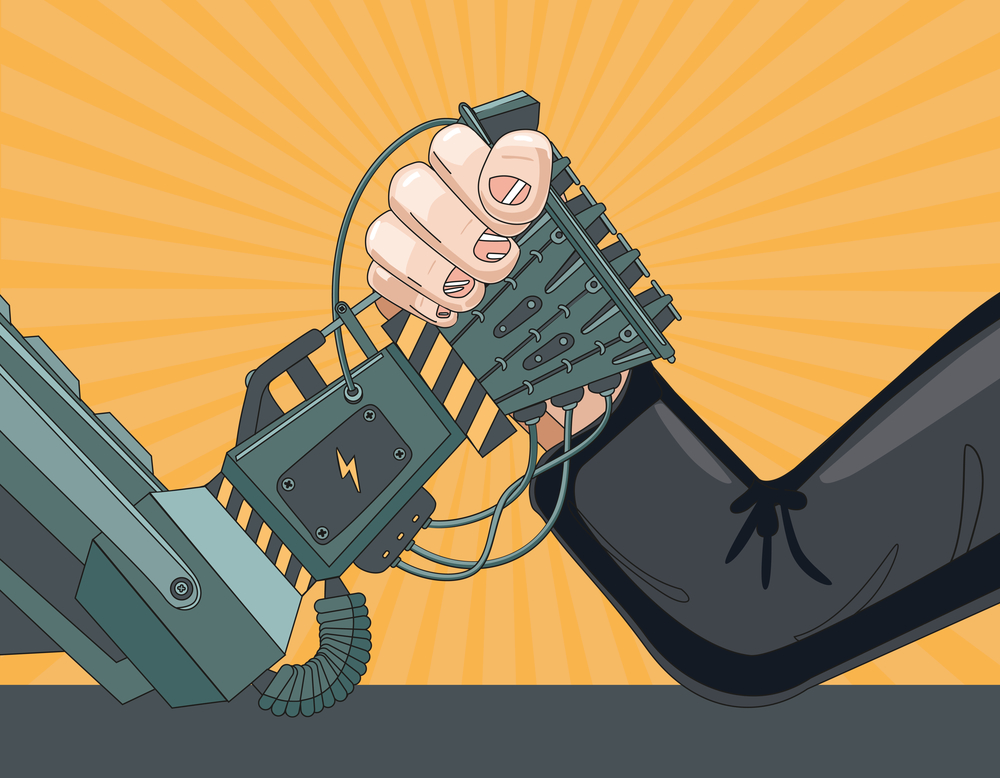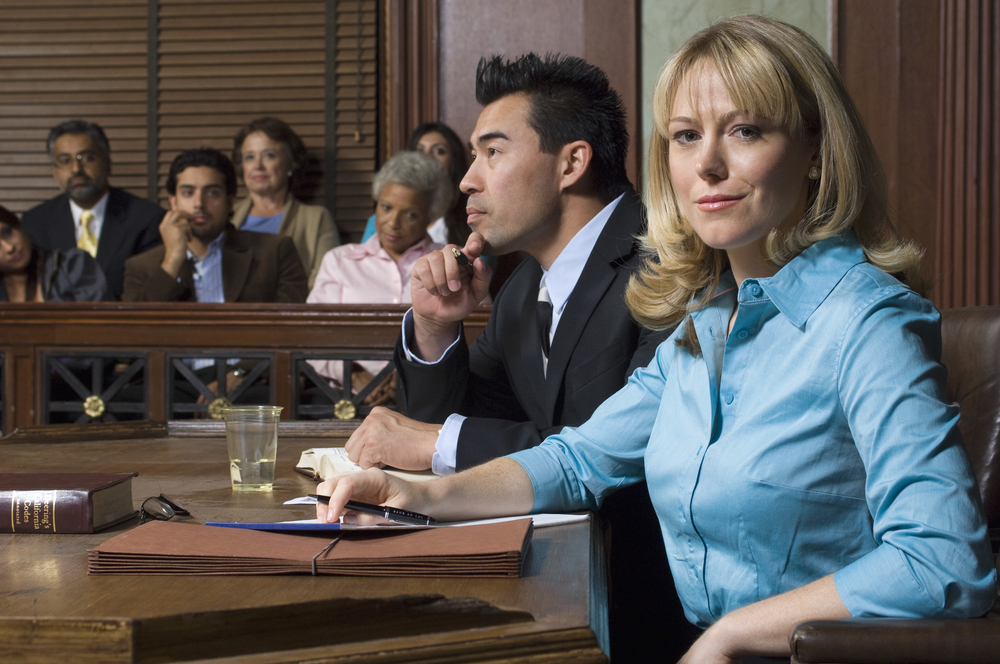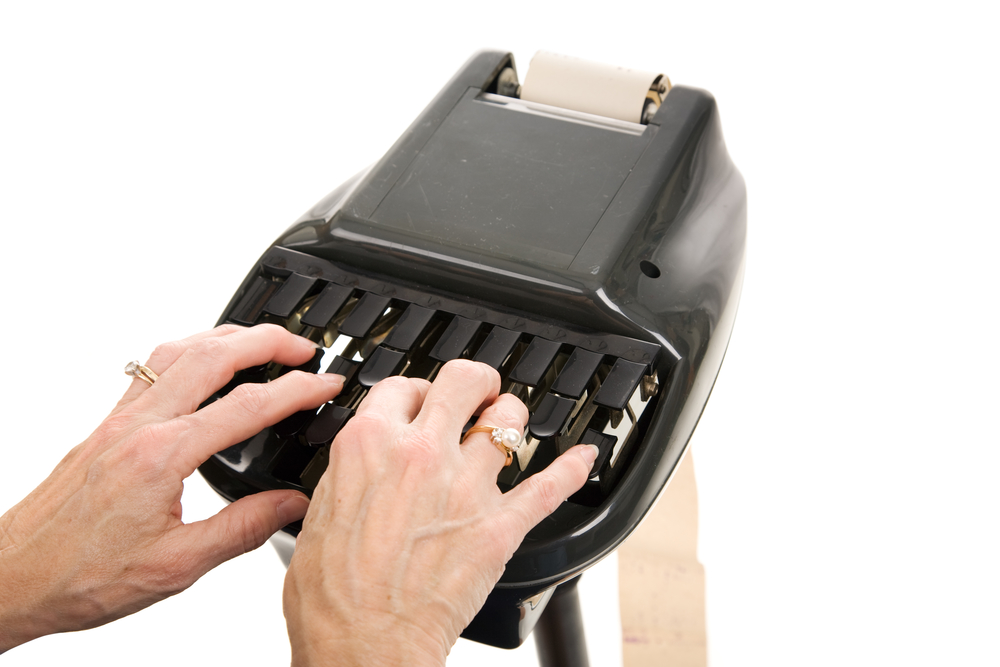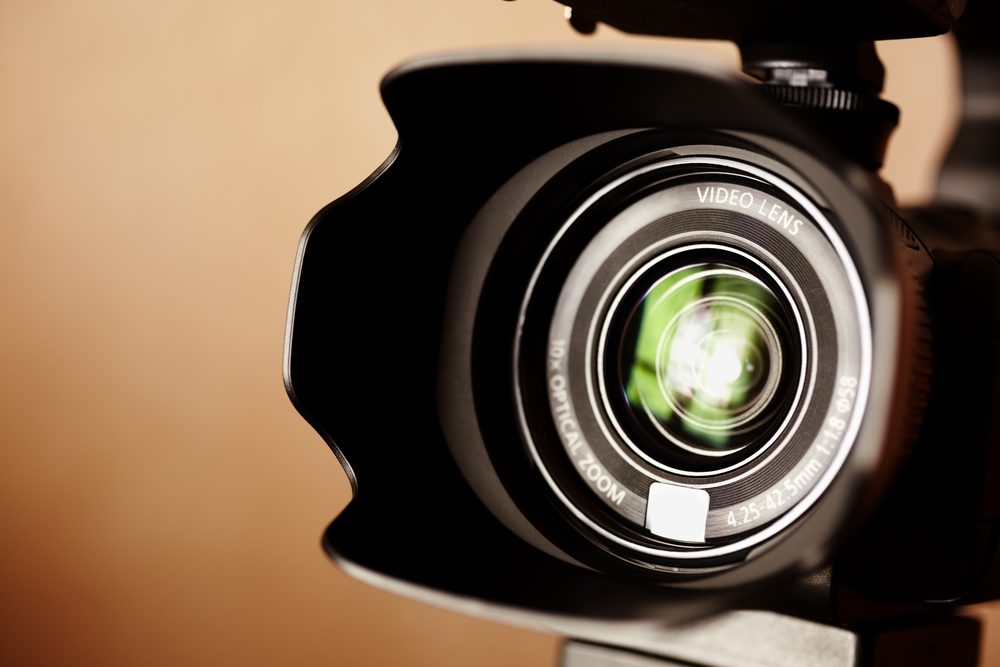According to the Bureau of Labor Statistics, the court recorder profession has a job growth outlook of 2 percent and an annual median salary of $49,500 per year, or $23.80 per hour.
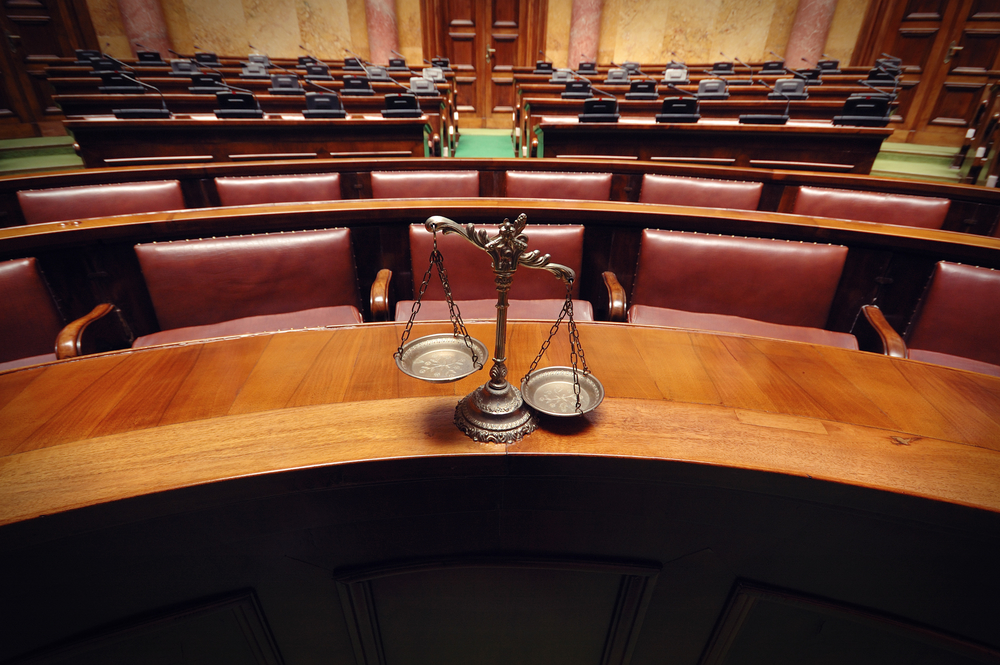
Two percent is much slower than average, which is a sign that quality court recorders are increasingly difficult to find, making outsourcing this professional service more popular than ever. A career that offers relatively high pay compared to the required education (short-term, on-the-job training) is somewhat rare, allowing for the best court recorders to quickly rise to the top.
The BLS estimates the U.S. has just over 20,000 court reporters, which include videographers and reporters. Although the BLS points out that most court recorders work for government organizations, either at the local or state level, some prefer to work for broadcasting captioning departments, the hard-of-hearing or at businesses that outsource court recording services.
Becoming a Court Recorder
Many court reporters take vocational classes at a community college or trade school. Certificate programs are available, and most states require licensing by a state or other professional agency. Continuing education is also a common requirement to ensure court recorders are up to date on the latest technologies and best practices.
The BLS also points out that even though the job growth of court reporters is slow compared to other industries, the most experienced and well-trained among them will continue to enjoy the most desirable job prospects. Getting a continuing education credit or certification in a specialization like communications access real-time translation (CART) is one way to increase job prospects and pay.
Why So Slow?
It’s surprising that the growth rate of jobs for court reporters is slow, even as the demand for court recorders sustains. Increasingly, translations and footage of court proceedings are requested with a fast turn-around. Court recorders are hustling faster than ever, thankfully armed with technology that allows them to do their job even faster.
Court recording is a recession-proof job with little ebb and flow. There will always be a need for these legal professionals, and an increasing a need for them to work in the digital space and on a global scale. Interviewing an expert witness who might be overseas and providing a transcript almost immediately is an example of how court recorders are being asked to manage global situations at a fast clip.
Keep in mind that many entry-level jobs that require a bachelor’s degree or beyond fail to offer the median salary that court recorders enjoy. However, every state is different, and court recorders may need to achieve varying levels of education and certification based on where they live and want to work.
For information on Utah’s leading court recorder solution available to clients around the world, contact DepoMaxMerit Litigation Services, and find out more about outsourcing your needs.








